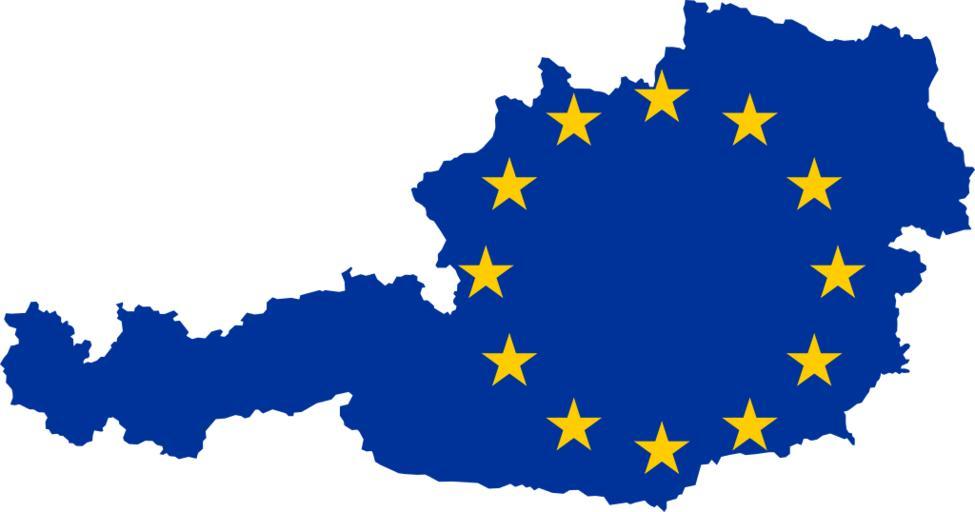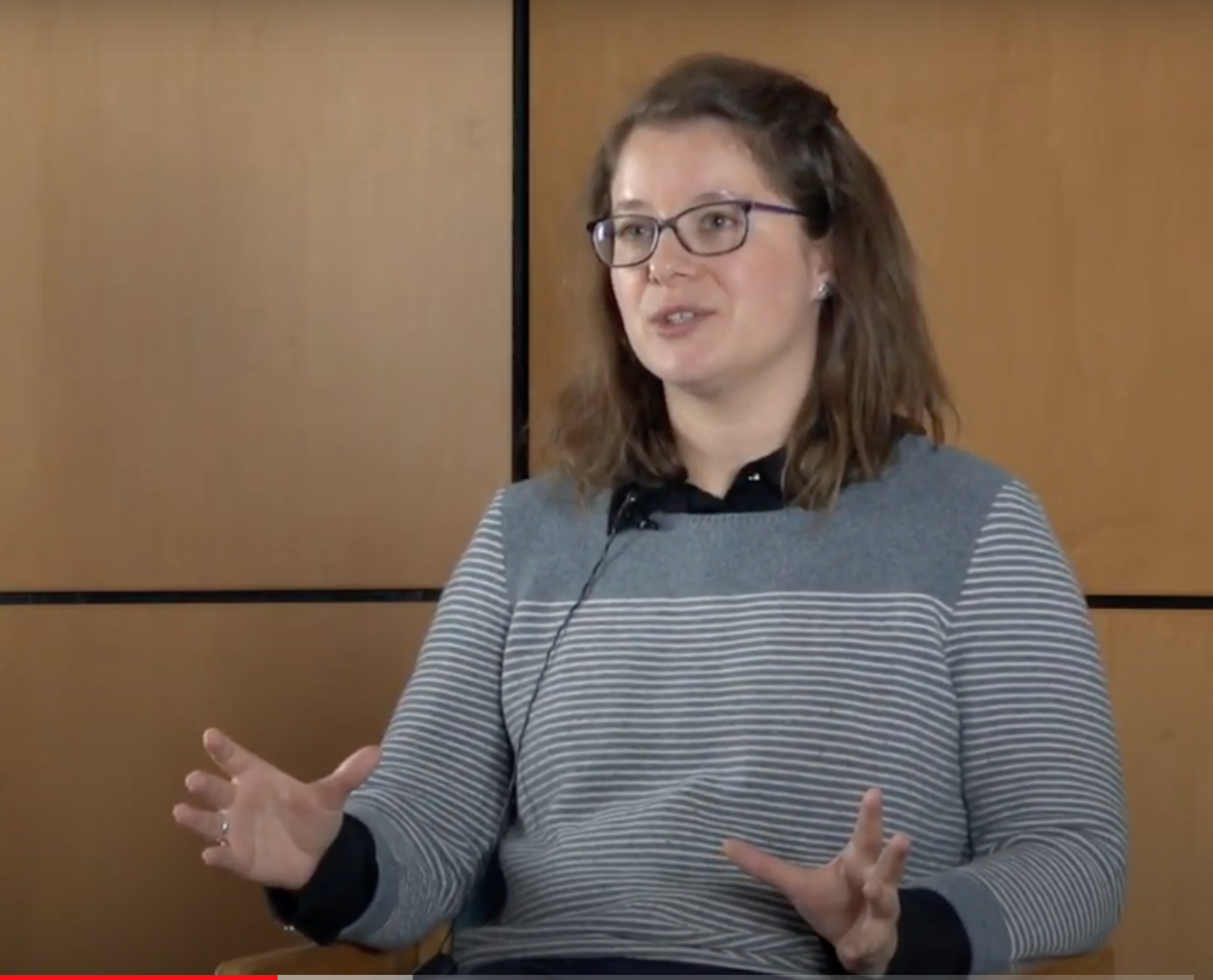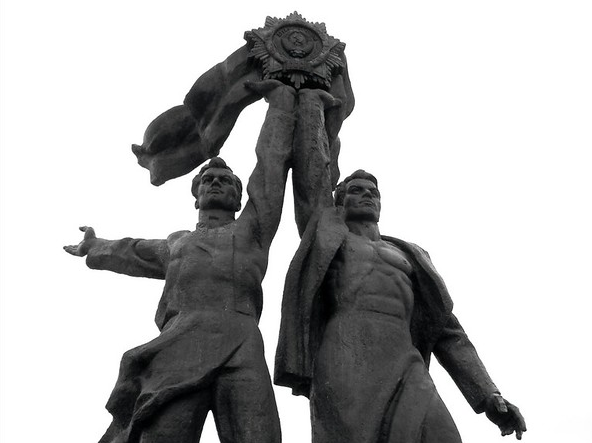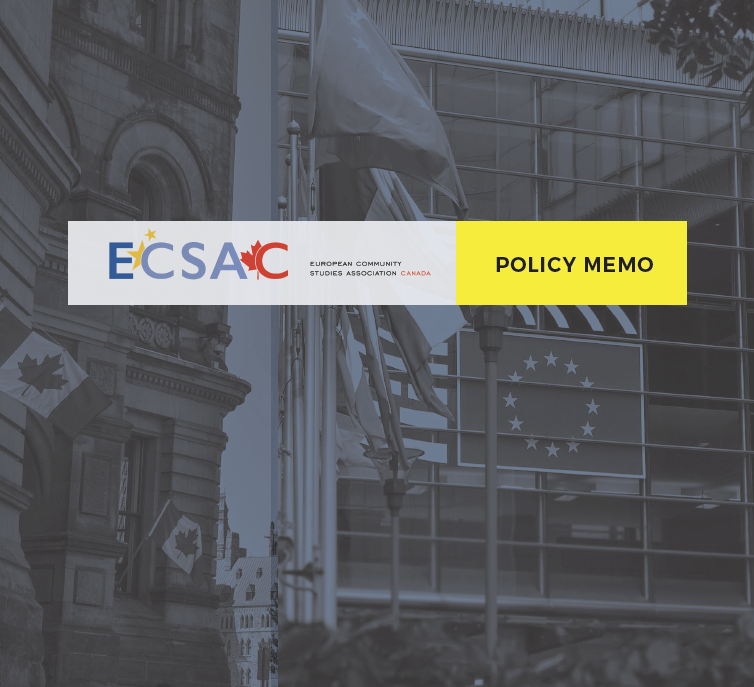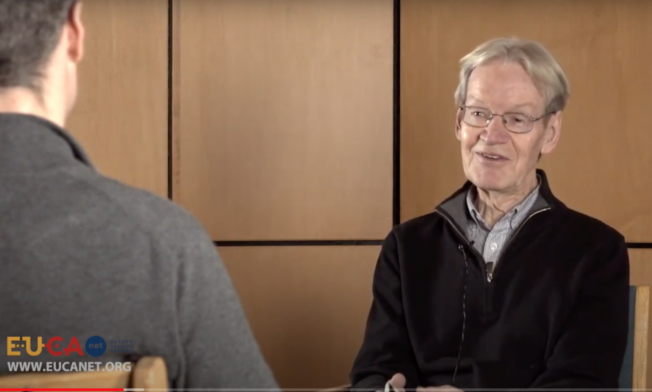The Austrian Elections Mirroring the Failed European Migration Policy, by Arnold Kammel
By Arnold Kammel, director of the Austrian Institute for European and Security Policy (AIES)
The outcome of the Austrian parliamentary elections on 15 October 2017 confirmed the anti-immigration sentiment as an emerging trend which will certainly be reflected in other parliamentary elections in Western Europe. Following the count of all votes, the Freedom Party of Austria (FPÖ), considered far-right, anti-immigration and anti-Islamic, finished third after the former coalition partners, the conservative Austrian People’s Party (ÖVP) and the Social Democratic Party of Austria (SPÖ). The dominating topic of the elections centred on the question of how to best address the challenge posed by migration to both, Austria and Europe. One of the main arguments of the leader of ÖVP, Austrian Foreign Minister Sebastian Kurz, was to close the main migrant routes into the European Union (EU), via the Balkans and the Mediterranean Sea. This proposal was strongly supported by the FPÖ in whose view all refugees should be deprived of access to the social security system and the Austrian welfare state. In the view of the FPÖ, securing and closing off the Austrian border was a necessary step in order to achieve their party political goal of zero immigration. In contrast, the SPÖ relatively late changed its attitude towards migration and as a consequence of polls moved from a very friendly migration policy towards a more restrictive one.
The high impact of migration issue on the outcome of elections came for many foreign observers as a surprise as Austria has always been considered as a country with an open society supporting refugees as past experiences especially in the 1990s with the Balkan Wars had shown. At the beginning of the crisis, Austria was together with Germany among the more welcoming nations in Europe for refugees. However, many voters stated that they felt that Austria was overrun in 2015 when hundreds of thousands of people entered the territory without any proper controls and security mechanisms in place. In 2015, almost 90.000 people applied for asylum in Austria, making it the third highest country for such applications within the EU, and Austria registered more than 40.000 asylum applicants in 2016.
Kurz, who most probably will become the world’s youngest head of government, frequently referred to the fact that as foreign minister he had closed the Balkan route for asylum seekers in the spring of 2016 by shutting Austrian borders to new arrivals in close cooperation with the countries on the route. He has promised to pressure the European Union to do the same now with the central Mediterranean route, the main path for migrants and refugees seeking to enter the continent. At the European Council meeting of 19 October, Council President Donald Tusk has supported this idea.
What will be the consequences of the election outcome? As it stands, a coalition between the ÖVP and FPÖ seems to be the most likely option for forming a new government. The other two options, ÖVP with SPÖ or even SPÖ with FPÖ, are quite unrealistic in terms of political feasibility. Aside of closing the central Mediterranean route and cutting access to the Austrian social system, it seems that the new Austrian government – also in the view of the upcoming Council Presidency in the second half of 2018 – will try to shape the European agenda on migration which will aim at securing the external borders of the EU and promote the establishment of hotspots in North Africa and the fight of illegal migration.
